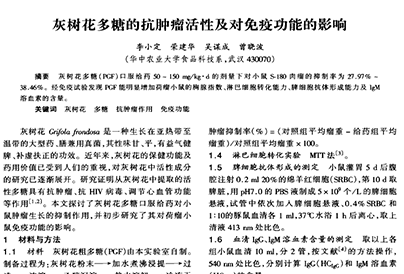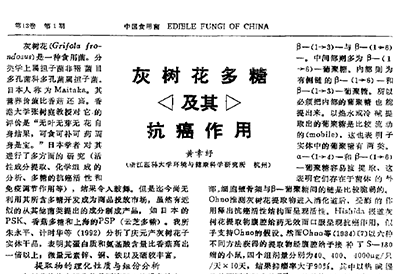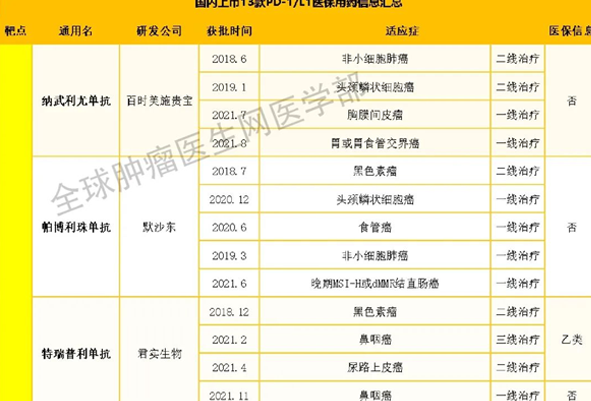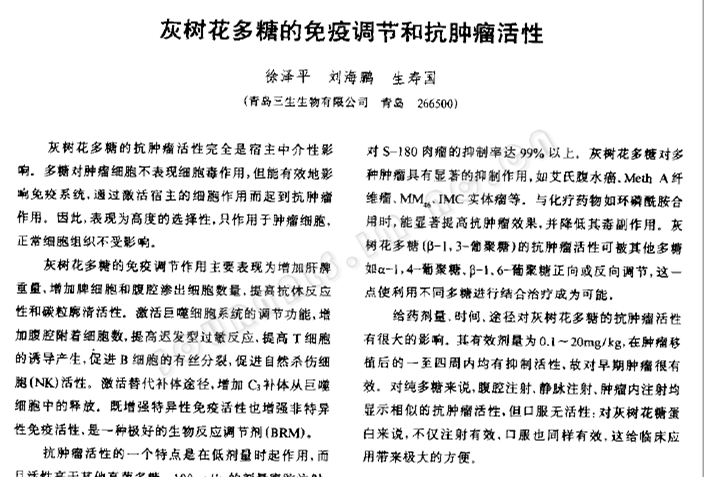In physical examination, "tumor marker screening" has become a popular test item for many people. However, if it is found that the "tumor markers" are elevated, is it definitely cancer?
Lung cancer, stomach cancer, colon cancer... I can always hear the news of who is suffering from cancer around me occasionally
People who pay attention to health have put "cancer prevention" on the agenda! To prevent cancer, in addition to developing good living habits, "physical examination" seems to be particularly important. Early detection and late detection of cancer may have completely different outcomes.
In the physical examination, "tumor marker screening" has become a popular test item for many people. However, if it is found that the "tumor markers" are elevated, is it definitely cancer?
If tumor markers are elevated, you must suffer from cancer?
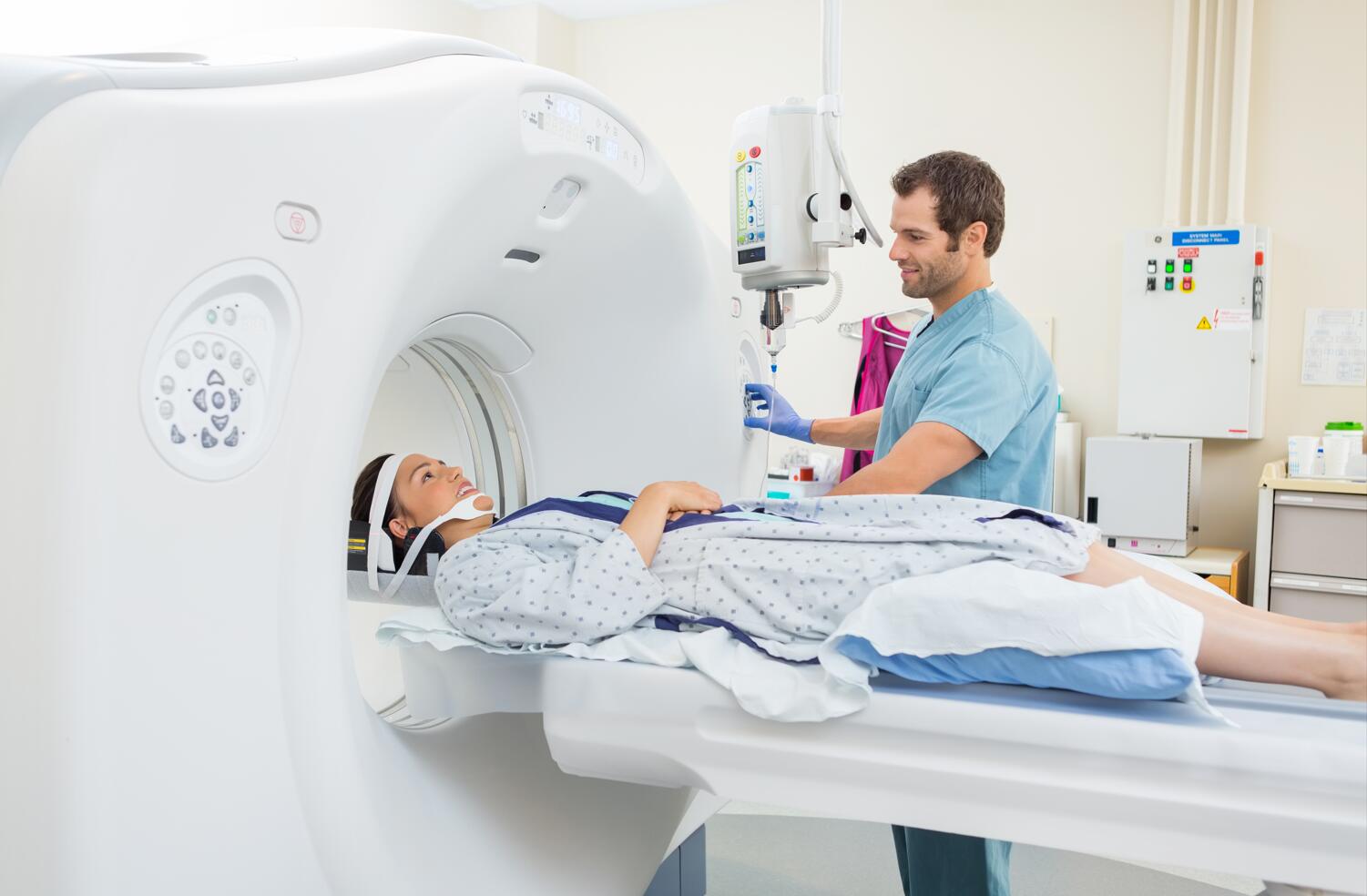
Tumor markers are a kind of substances that reflect the existence and growth of tumors. The main purpose of checking tumor markers is to:
① Early detection of high-risk groups:
The detection of tumor markers can detect asymptomatic tumors in the early stage, which can be preceded by physical examinations such as X-ray, ultrasound, CT, MRI or PET-CT;
② Monitor the treatment effect of tumor:
For cancer patients, doctors can make a preliminary judgment by referring to tumor markers on how to treat and whether the tumor has recurrence and metastasis.
The increase of tumor markers does not mean 100% cancer!
First, the result of tumor markers is generally not "zero":
Because there are "cancer cells" in everyone's body. When more than 10 billion new cells grow, 1-20 "cancer cells" also grow. Therefore, almost all tumor markers will not be "zero" and have a normal range. As long as the value is within the normal range, it is normal.
Our immune system can deal with these cancer cells in time, so ordinary people are not prone to cancer.
Secondly, the increase of tumor markers ≠ leads to tumors:
Although the vast majority of "tumor markers" exist in malignant tumors, tumor markers may also be detected in benign tumors and normal tissues.
Why? Because drinking alcohol, taking tonics, taking certain drugs, inflammatory diseases, etc. may lead to "tumor markers" exceeding the standard. For example, the marker of liver cancer is AFP, and hepatitis patients will also lead to the rise of liver cancer markers.
Even if there is no cancer, the continuous abnormality of tumor markers may indicate that the body is giving an alarm - the physical environment is suitable for the survival of cancer cells, the immune system cannot kill cancer cells in time, and there are too many cancer cells in the body. You should pay attention to your health!
In short, tumor markers can only be used as auxiliary diagnosis!
CT, B-ultrasound and other imaging examinations are also needed if abnormalities are found.
"Tumor markers" are more suitable for prevention and screening of high-risk groups and patients who have been diagnosed with cancer.
Different tumor markers are related to these cancers!
1. Alpha fetoprotein (AFP): screen for primary liver cancer and take blood for examination.
2. Carcinoembryonic antigen (CEA): a broad-spectrum tumor marker, especially the detection of lung cancer and digestive tract cancer.
3. Cytokeratin 19 fragment antigen (CYFRA21-1): a serum marker of non-small cell lung cancer.
4. Carbohydrate antigen 125 (CA242): a broad-spectrum tumor marker, mainly for early ovarian cancer. Blood sampling examination can find 50% - 60% of ovarian cancer.
5. Carbohydrate antigen 242 (CA242): tumor marker of digestive tract.
6. Carbohydrate antigen 72-4 (CA72-4): a marker of digestive tract tumors, especially gastric cancer.
7. Neuron specific enolase (NSE): a serum marker of small cell lung cancer.
8. Free- β- HCG: specific tumor marker of germ cell tumor, which is closely related to the degree of tumor deterioration;
9. Prostate specific antigen (PSA): tumor markers for screening prostate cancer in men over 50 years old.
10. Squamous cell carcinoma antigen (SCCA): common in squamous cell carcinoma, mainly digestive tract, reproductive tract and respiratory tract cancers, such as cervical cancer, lung squamous cell carcinoma, esophageal cancer.
11. Carbohydrate antigen 19-9 (CA19-9): a marker of digestive tract tumors, especially pancreatic cancer.
12. Cancer antigen 15-3 (CA15-3): serum marker of breast cancer.
No one tumor marker has an accuracy of 100%. A tumor marker may also be related to a variety of tumors.
Combined screening is often used in clinic
Cancer: combined screening
Gastric cancer: CEA, CA724, CA19-9, CA50, CA242
Colon cancer: CEA, CA50, CA242, CA19-9
Liver cancer: AFP
Small cell lung cancer: cea+nse
Squamous cell carcinoma: CYFRA21-1 + SCC + TPA (tissue polypeptide antigen)
Large cell lung cancer: CYFRA21-1 + CA125 + TPA
Lung adenocarcinoma: CYFRA21-1 + CEA + TPA
Breast cancer: CA153, CEA
Ovarian cancer: CA25 + HE4, CEA
Pancreatic cancer: CA199, CA242, CEA
Prostate cancer: PSA
Lung cancer with undeterminable pathological type: cea+ nse+ CYFRA21-1 + CA125
Double or continue to rise, be alert!
Generally speaking, if the examination results show that the increase is very obvious, especially if the increase is more than twice or dozens of times the normal value, or continuous increase is observed dynamically, it indicates that there are cancer cells gathering.
It is recommended to recheck again. If it does increase significantly after recheck, such as dozens of times, the possibility of malignant tumor is usually high.
Under the guidance of doctors, cancer can be excluded by cooperating with other detection methods, such as B-ultrasound, CT, magnetic resonance imaging and other imaging examinations, or cytopathological examinations.
Especially the following people:
• people whose bodies have shown "cancer signals";
• high risk groups such as areas with high cancer incidence or family history of cancer;
• practitioners in factories and mining enterprises with serious pollution;
• high risk groups with long-term exposure to carcinogens.
Source | pathological lancet
Article link:








